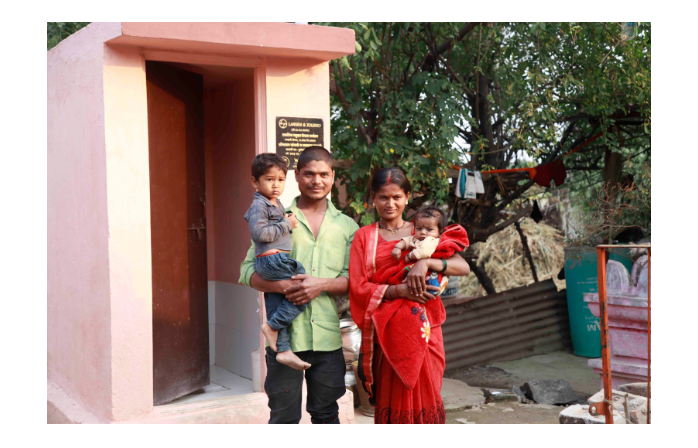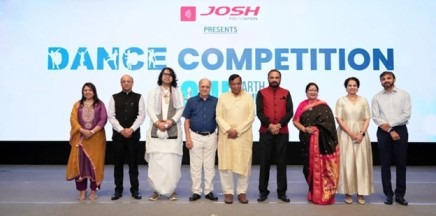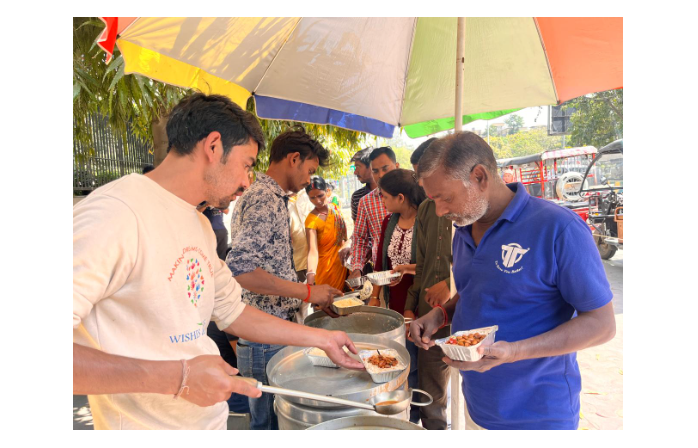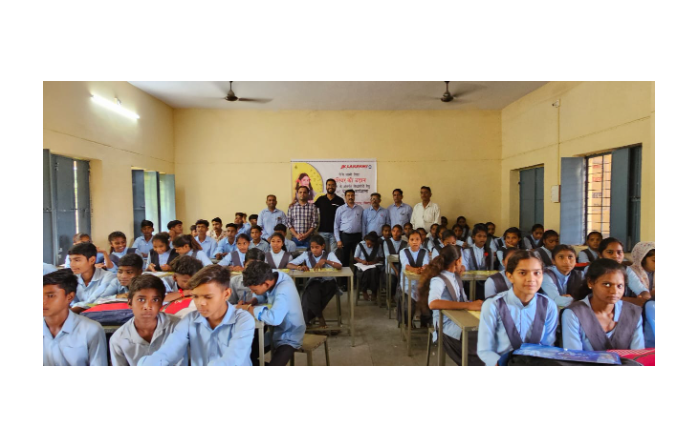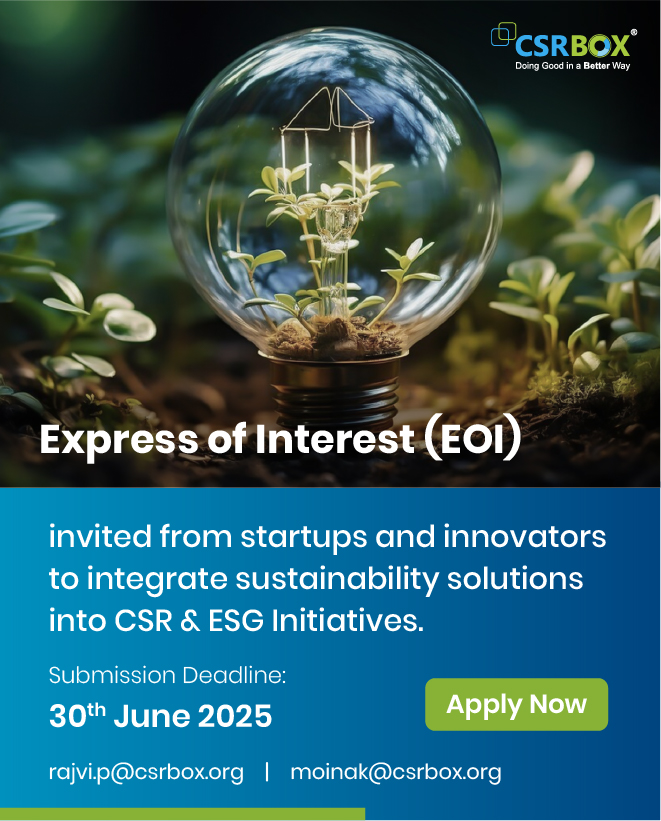Beating pollution, one plastic bag at a time
By- UNDP
August 16, 2019
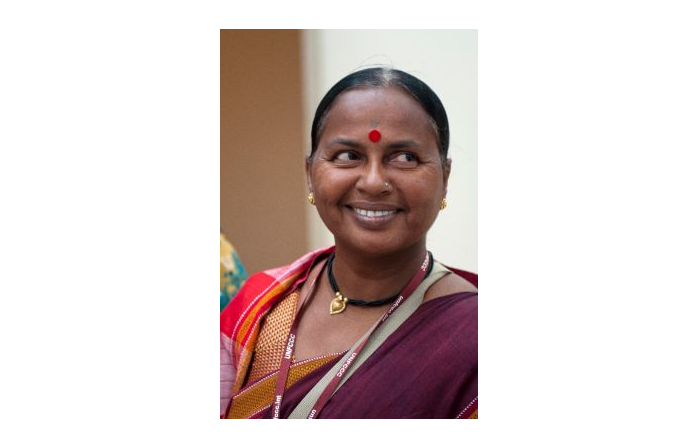
UNDP
Sushila Sable was only 10 years old when she and her mother left their village in search of a better life and found home on the streets of Mumbai, India’s financial capital. But soon, the city with one of the highest cost of living in the world, pushed them into poverty and they had to collect waste to make their ends meet.
But 10-year-old Sushila saw an opportunity in what she did and continued to work informally as a waste picker. Two decades later, she met with volunteers from Stree Mukti Sanghatana, a local NGO, who educated waste pickers like her on the importance of segregating waste before selling it - waste when segregated in the right categories fetches better returns. Sushila knew she had found a calling.
Within two years, Sushila started a self-help group of women waste pickers and soon saved enough money to start a dry waste collection centre. That’s when her journey as an environmentalist began. She quickly realised that not only did waste segregation increase her income, it also had positive environmental impact.
In India, only 15-20 percent waste is properly managed. Mixed waste typically ends up in landfills or open dumps. Some of it is burnt, adding harmful particulate matter in the air, while the rest rots in landfills, releasing methane gas, adding to the greenhouse effect.
Waste pickers do the important task of ensuring that waste is collected, segregated and recycled, thereby ensuring that the air we breathe is cleaner. UNDP, in partnership with Hindustan Coca-Cola Beverages, works with 30,000 such waste pickers, most of whom are women, to better manage 85000 metric tonnes of plastic waste, while improving the socio-economic conditions of these waste pickers.
Through this initiative, PRITHVI, we aim to reduce over 60,000 metric tonnes of carbon emissions, through effective plastic collection, with safaii saathis like Sushila forming the backbone of this initiative.
Today, Sushila is the elected president of the Indian Waste Picker Society and represented India at the UN Framework for Climate Change in Copenhagen 2009, Bejing 2010, Durban 2011, and Rio 2012, where she spoke on the critical role waste pickers play in combating climate change.
“Safaii saathi’s are crucial in the fight against climate change. 1000 kg of waste that is recycled by safaii saathi’s saves 17 trees from felling. I am pleased to be helping the environment and being a role model for women in similar conditions like me”.
Source

The United Nations Development Programme is the United Nations' global development network. It advocates for change and connects countries to knowledge, experience and resources to help people build a better life for themselves.
© Renalysis Consultants Pvt Ltd



.jpg)

